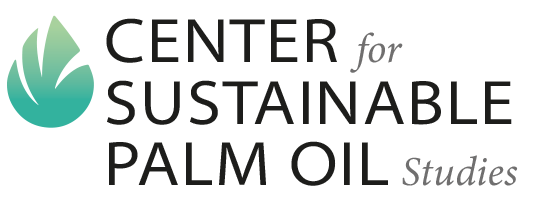
Dive Brief:
- More than half (55%) of global consumers are more likely to purchase a packaged food item that is labeled with a sustainability claim, according to the latest Fatitudes survey by Cargill. This is up four points from the company’s last survey in 2019. Cargill surveyed 6,000 consumers in 11 countries.
- Among the 550 U.S. survey participants, 37% said that a sustainability claim would influence what they buy, marking a six-point increase from 2019. Most look for “sustainably sourced” (63%) and “responsibly produced” (57%) claims, Cargill told Food Dive. This is ahead of claims such as “conservation of natural resources” (49%), “fair trade” (46%) and “reduced packaging” (39%).
- As consumers continue to demand more accountability from food companies, CPGs are increasingly signaling their sustainable practices on product labels, including sourcing of ingredients like palm oil and cocoa, which have been associated with deforestation and child labor.
Dive Insight:
Around the world, consumers’ awareness and interest in the sustainability of their food is rising, and it is becoming more of a factor in their purchases, the Cargill survey reveals. Brazil and Mexico each saw 13-point increases in the influence of sustainability claims on packaged food purchases since 2019, while India and the UK saw increases of 11 and 8 points, respectively.
In response, food manufacturers have attempted to highlight the sustainability credentials of their products. Mondelēz aims to source all of the cocoa in its chocolate brands by 2025 from its Cocoa Life program, which focuses on developing a sustainable supply chain for the ingredient. Many big CPGs such as General Mills and Kellogg are members of the Roundtable on Sustainable Palm Oil (RSPO), a nonprofit developing global standards for sustainable palm oil. Kellogg features its trademark labeling on its Carr’s crackers in the U.S.
Cargill’s vice president of innovation and R&D, Florian Schattenmann, said that the survey helps to affirm the food ingredient giant’s expansion of sustainability efforts across its own supply chain.
“This includes everything from our sourcing practices to processing facilities, and even extends to new product development, where decisions to commercialize innovations now consider sustainability alongside performance and cost,” said Schattenmann. In a press release, Cargill noted its commitment to sustainable palm oil with its $200 million investment in a new refinery in Indonesia that will guarantee traceability to the plantation where the raw material is sourced.Cargill also touts the certification of its palm oil production by the RSPO.
At last year’s United Nations COP26 climate conference, several CPG companies highlighted sustainable sourcing of ingredients as a key element of their sustainability strategy. Mars’ CEO Grant Reid said the company has significantly decreased its level of deforestation by more closely monitoring its palm oil production.
Last month, Nestlé announced that it will triple its funding for sustainability efforts in cocoa farming to $1.4 billion by 2030. This includes paying cocoa farmers in Africa, where much of the crop is sourced, to send their children to school, along with embracing more environmentally friendly agricultural practices.
In its 2022 State of Snacking report, snack giant Mondelēz found that 85% of consumers either buy or would like to purchase snacks from companies that are working to offset their environmental impact. The company launched a platform to support sustainability ventures in 2021, including those that protect forests and increase resilience in areas where it sources raw materials.
By Chris Casey
Original link: https://www.fooddive.com/news/sustainability-label-claims-are-influencing-more-consumers-cargill-survey/618432/


